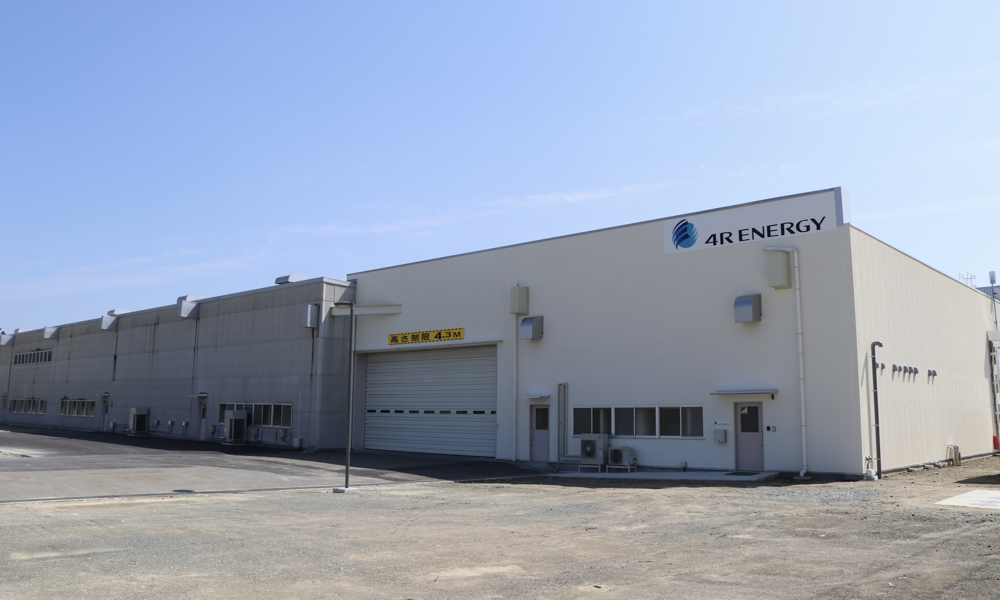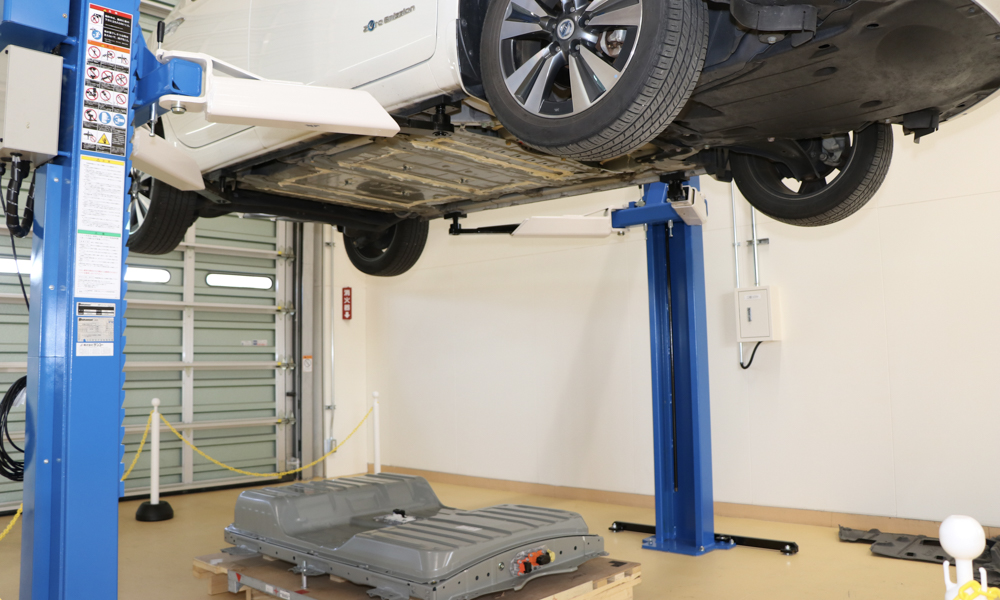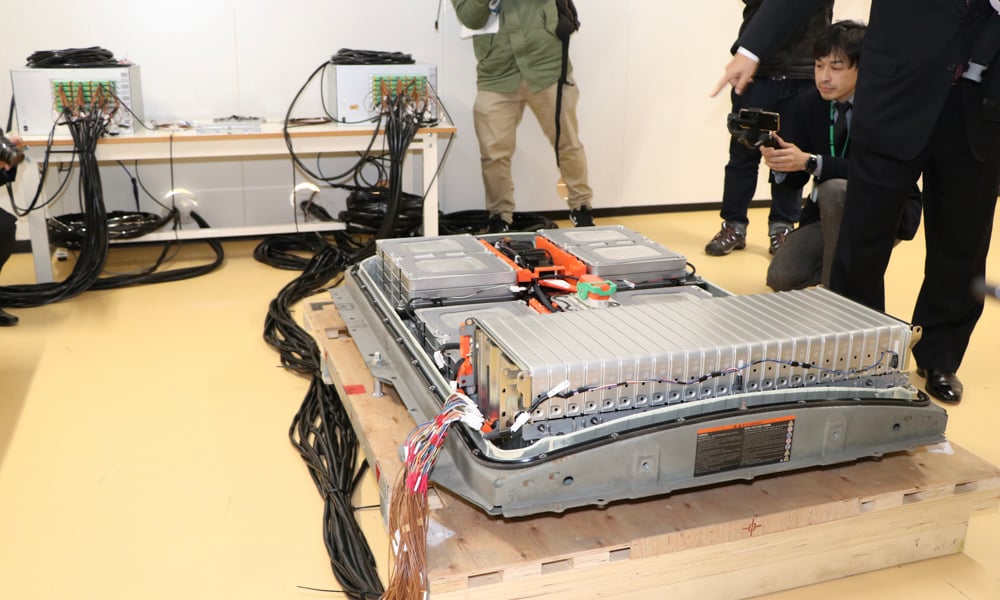
Whether we like it or not, electric vehicles are the future of mobility. These provide a cleaner source of energy by doing away with the use of the internal-combustion engine, which is one of the main sources of harmful emissions. However, over time, batteries wear out and lose their capability to hold charge, making them inefficient. These are then replaced so the car can perform at its best. But even though EVs are touted to be kinder to the environment, their batteries cost a lot to build, and the sources for raw materials are finite.
When Nissan developed the Leaf, its first fully electric vehicle, the Japanese carmaker had more than just making EVs in mind. It had a grand vision for EVs, the use of their batteries, and their applications. A version of the car can be used as a power source during calamities, a creative way or utilizing stored energy in its batteries. But Nissan has bigger plans, and it seems that what the automaker has worked hard for over the years will soon start to pay off.

The 4R Energy Corporation, a firm run by Nissan and Sumitomo, examines and evaluates used batteries. Grade A batteries are recycled for use in brand-new vehicles. Grade B batteries are resold for applications in industrial equipment. Finally, Grade C batteries are repurposed as backup power supplies during outages. This maximizes the life of these cells, lessens carbon emissions, and provides much-needed savings especially during these trying times.
This is just one of Nissan’s ways to achieve its goal of being carbon-neutral by 2050. Under this plan, Nissan wants to explore and come up with more innovative and cost-efficient batteries for its electric vehicles, improve its e-Power electrified powertrains, collaborate with energy providers to decarbonize power grids, and increase efficiency of its manufacturing facilities.

A climate emergency is in our midst. And as much as we love our cars, we have to do our share of lessening and reversing this deadly phenomenon. Given how fast-paced our world has become, being carbon-neutral or doing our best to minimize harmful emissions may seem like a difficult thing to achieve. Thankfully, companies like Nissan are working hard to realize this goal.


0 Comments